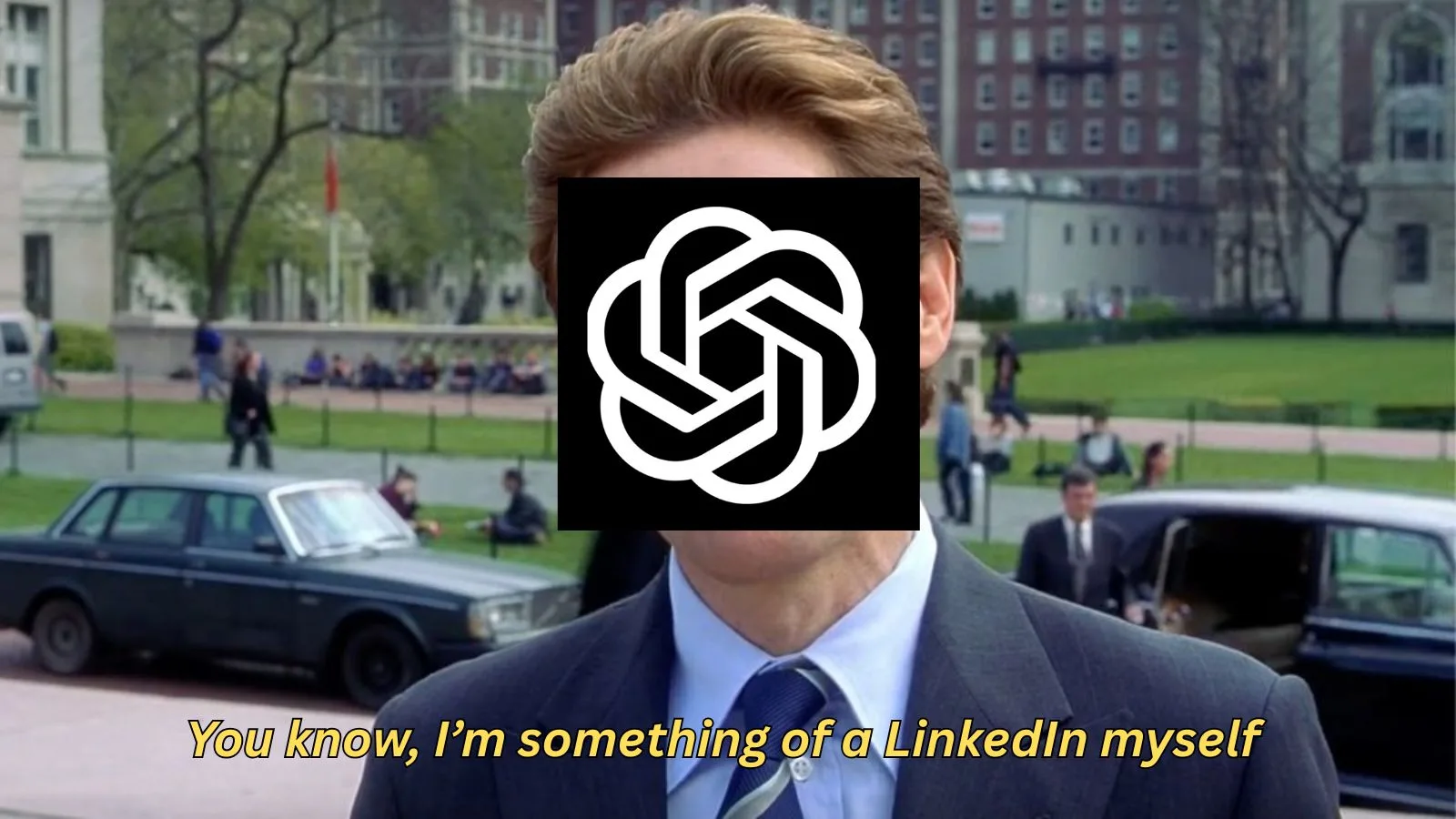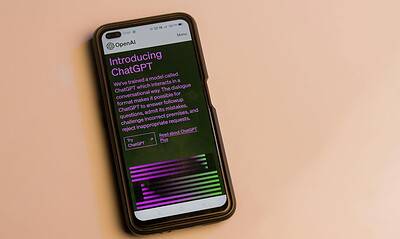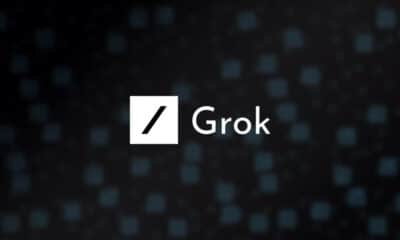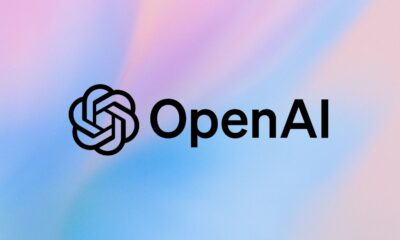AI
OpenAI wants to be your new LinkedIn
OpenAI wants AI play matchmaker between job seekers and employers.

Just a heads up, if you buy something through our links, we may get a small share of the sale. It’s one of the ways we keep the lights on here. Click here for more.
OpenAI already wants to write your emails, generate your code, and summarize your boss’s Slack rants. Now it wants to land you a new job.
The company announced that it’s building an AI-powered hiring service called the OpenAI Jobs Platform, which it plans to launch by mid-2026.
The pitch? Let artificial intelligence play matchmaker between job seekers and employers.
Think Tinder, but instead of swiping left on a guy holding a fish, you’re swiping right on a mid-level project management role.
Fidji Simo, OpenAI’s CEO of Applications, unveiled the project in a blog post, promising that the platform will “find the perfect matches between what companies need and what workers can offer.”
There’ll even be a dedicated lane for small businesses and local governments, because nothing screams “innovation” like AI streamlining your local DMV’s hiring.
The move plants OpenAI squarely in LinkedIn’s territory, which is awkward because LinkedIn was both co-founded by OpenAI investor Reid Hoffman and owned by Microsoft.
If OpenAI is the ambitious startup crashing on Microsoft’s couch, this feels a little like borrowing the Xbox without asking.
Of course, LinkedIn isn’t just sitting around polishing résumés. It’s been rolling out its own AI features to match candidates with companies.
But OpenAI isn’t stopping at job hunting. Simo is reportedly overseeing a whole suite of apps beyond ChatGPT, including whispers of a browser and even a social platform. (Via: TechCrunch)
Because why not go after Google and Facebook while you’re at it?
To sweeten the deal, OpenAI will offer certifications through its OpenAI Academy, basically diplomas in “AI fluency.” A pilot is slated for late 2025, with Walmart already on board.
The goal? Certify 10 million Americans by 2030.
It’s part of OpenAI’s pledge to the White House to boost AI literacy, though critics note this doesn’t exactly address the pesky detail of AI replacing half of entry-level white-collar jobs by the end of the decade.
Still, if AI is coming for our livelihoods, maybe it’s only fair that it also helps us apply for what’s left.
Is OpenAI’s move into job matching a natural evolution of AI services, or does it represent concerning expansion into every aspect of our digital lives? Should we be worried about one company controlling both the AI that might replace jobs and the platform that helps us find new ones? Tell us below in the comments, or reach us via our Twitter or Facebook.





























